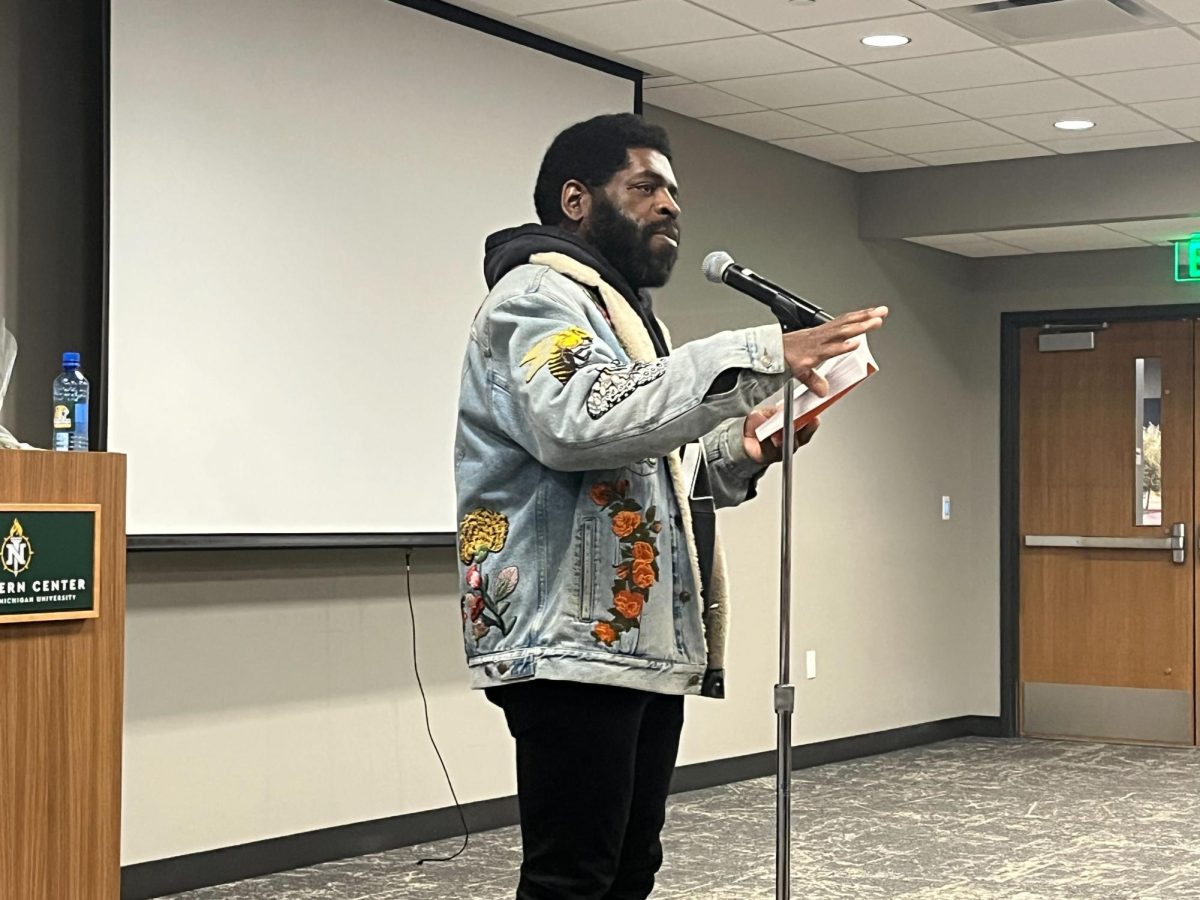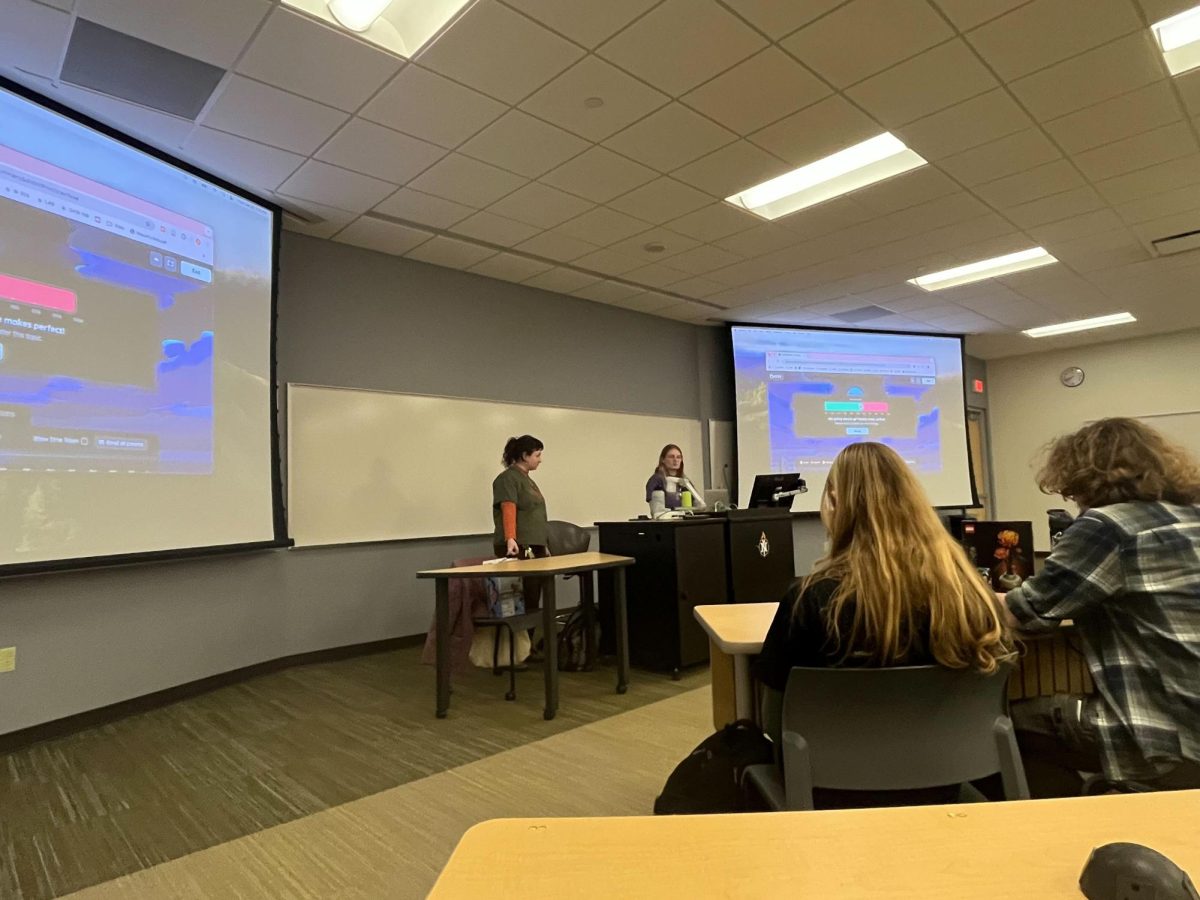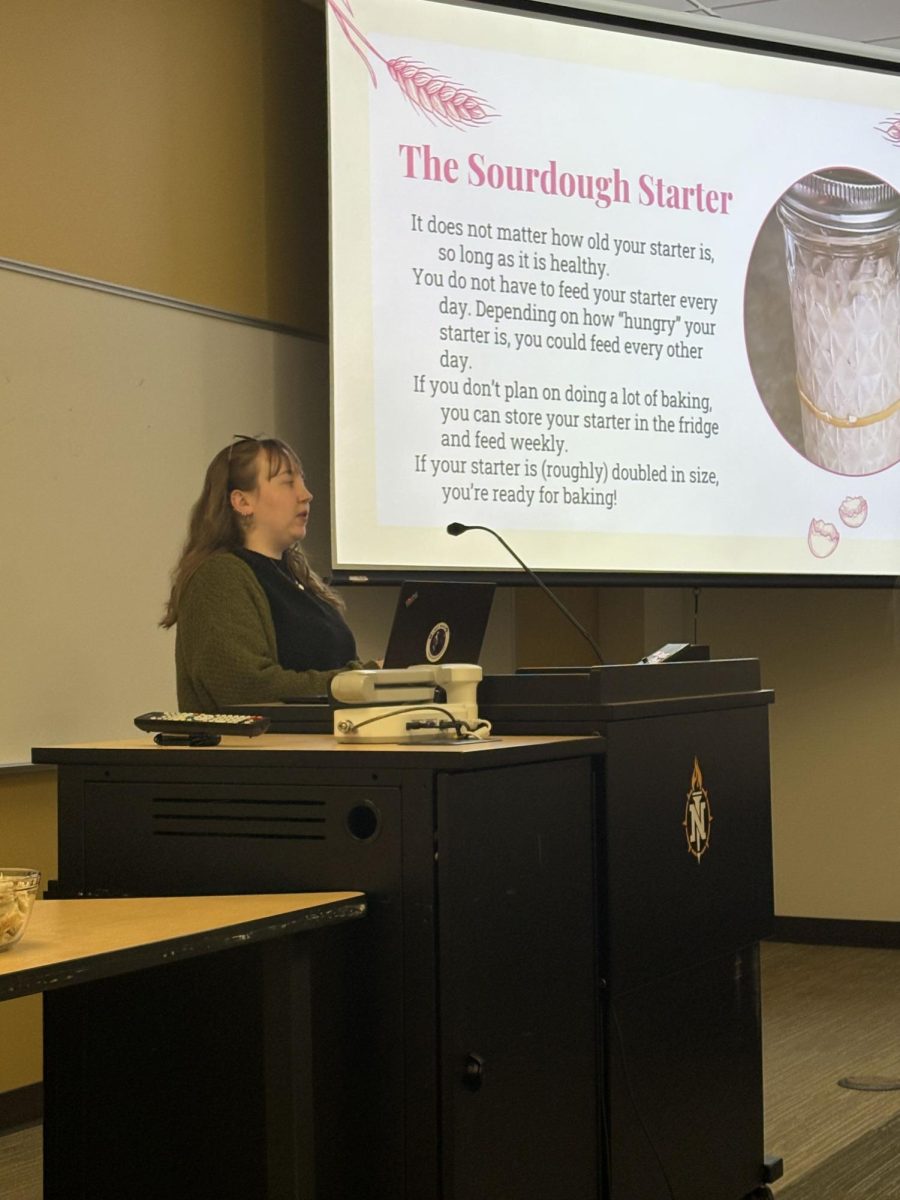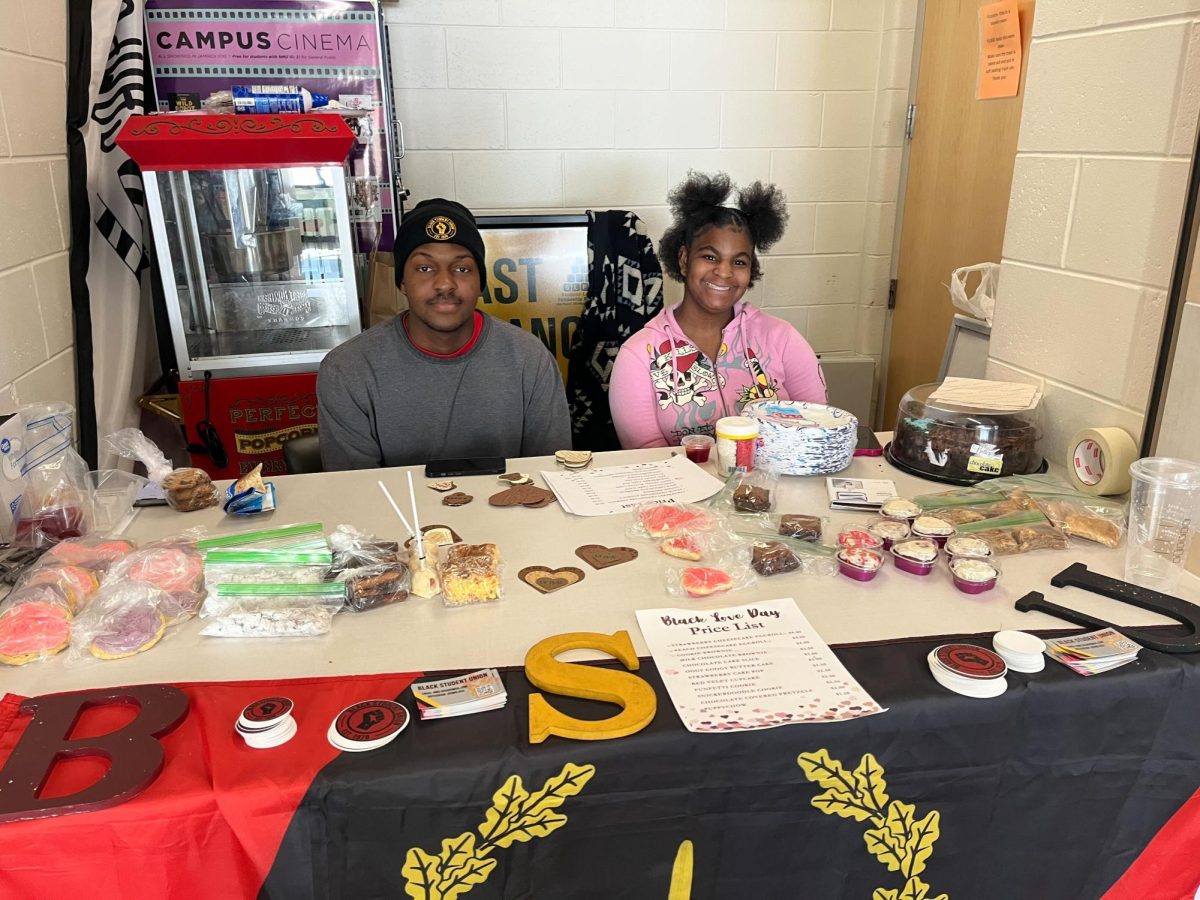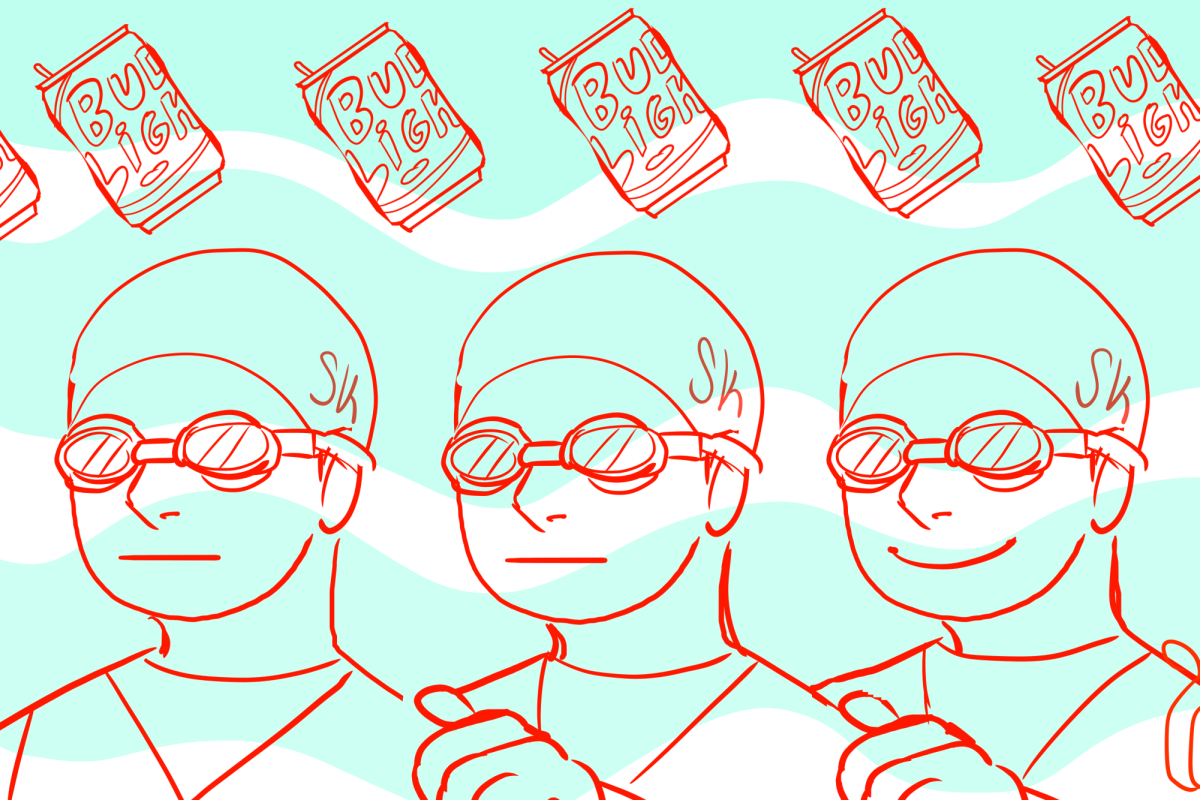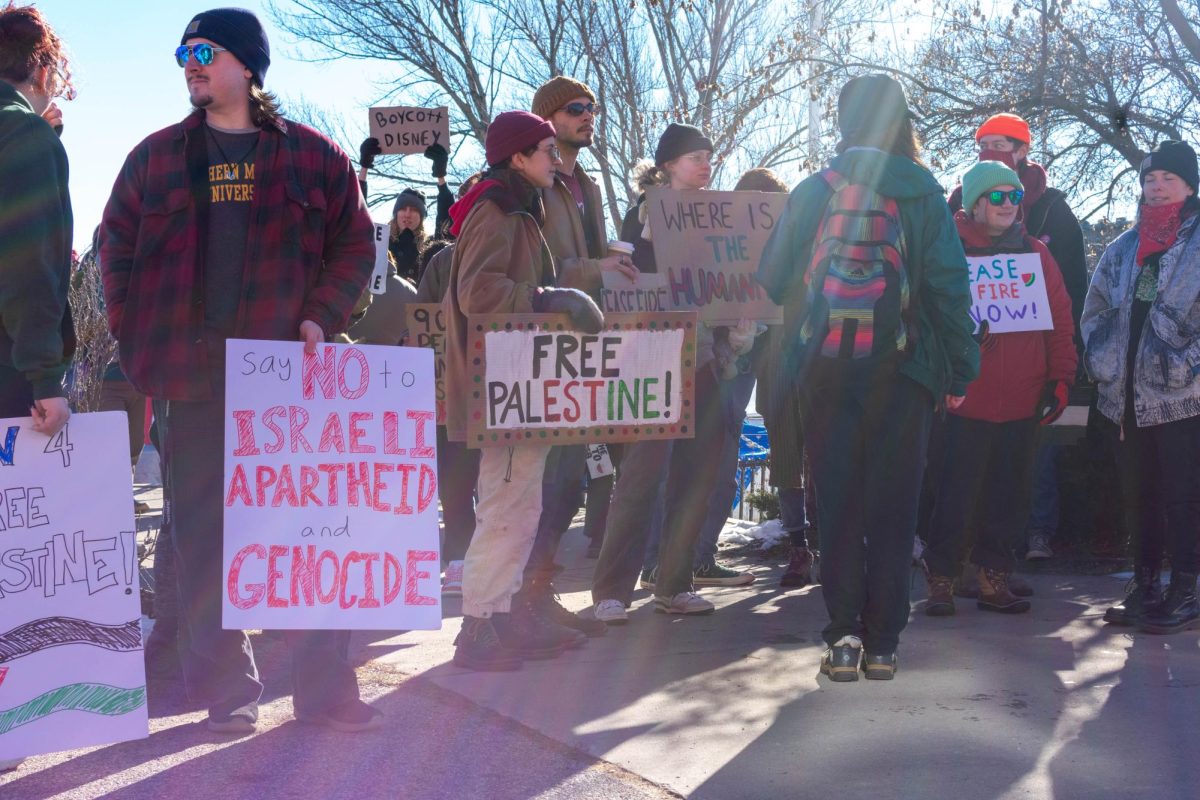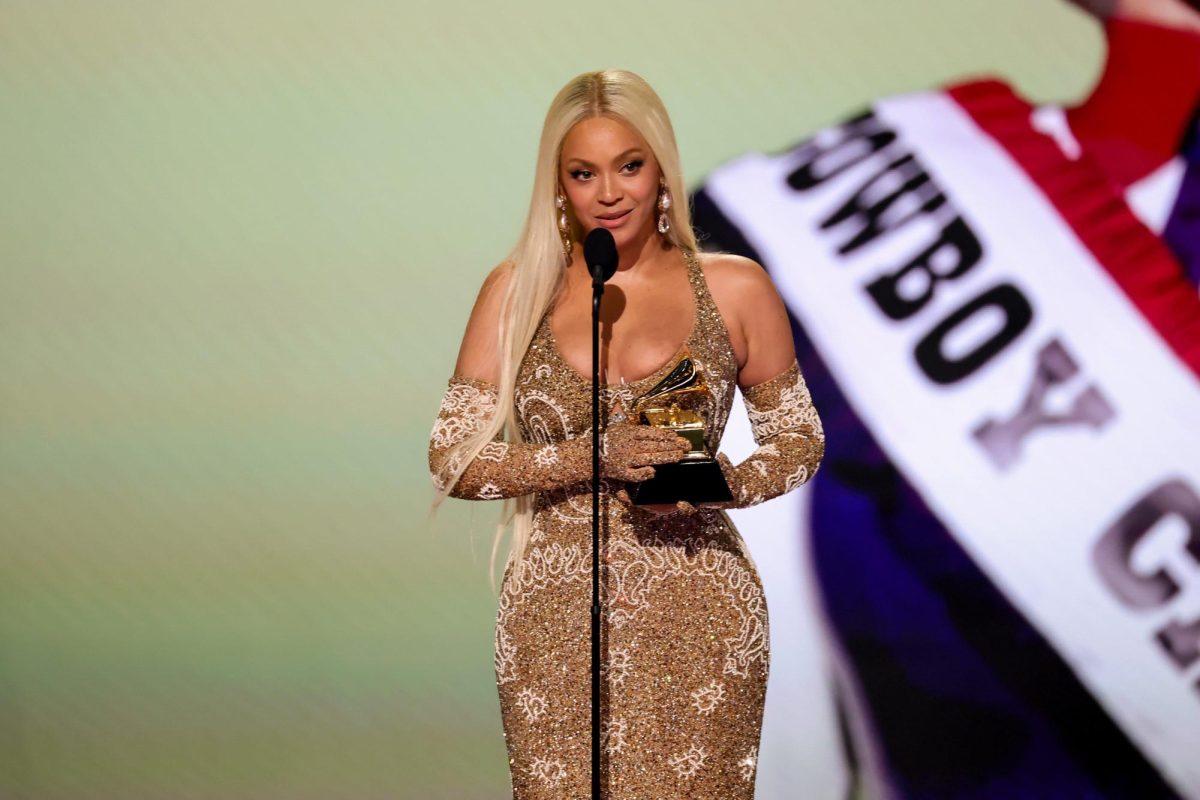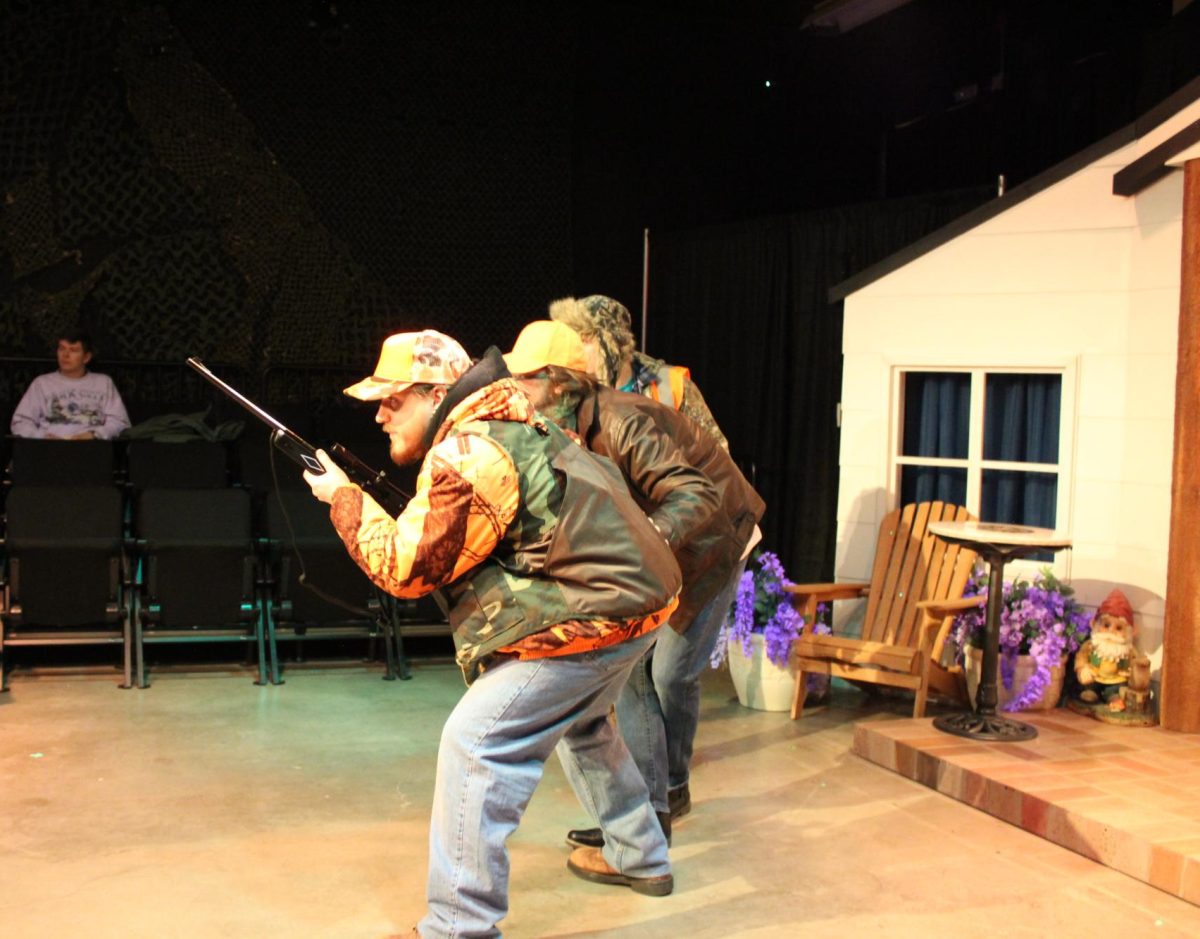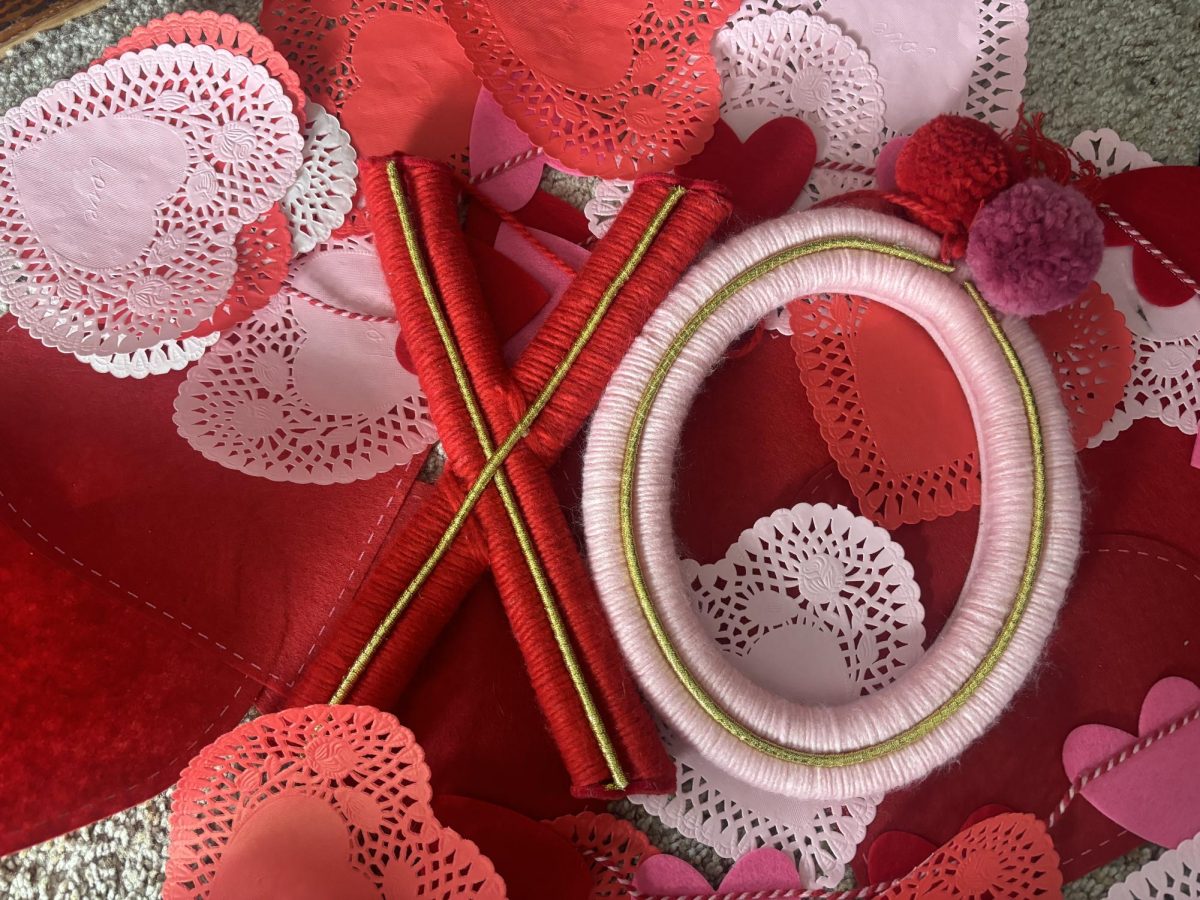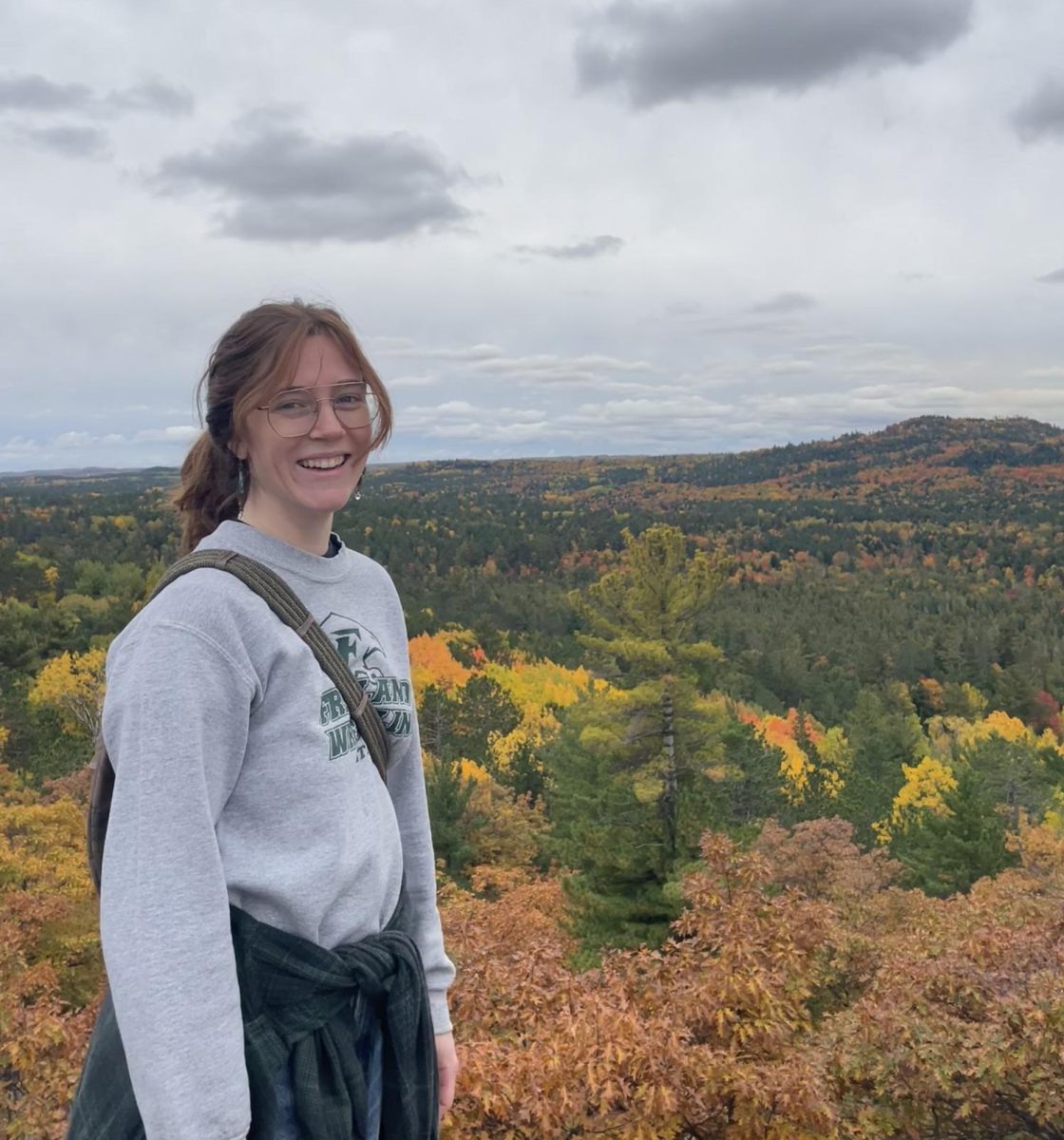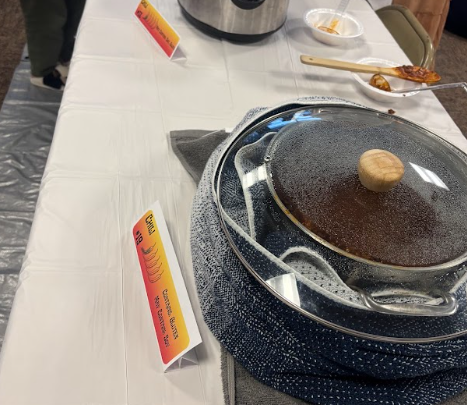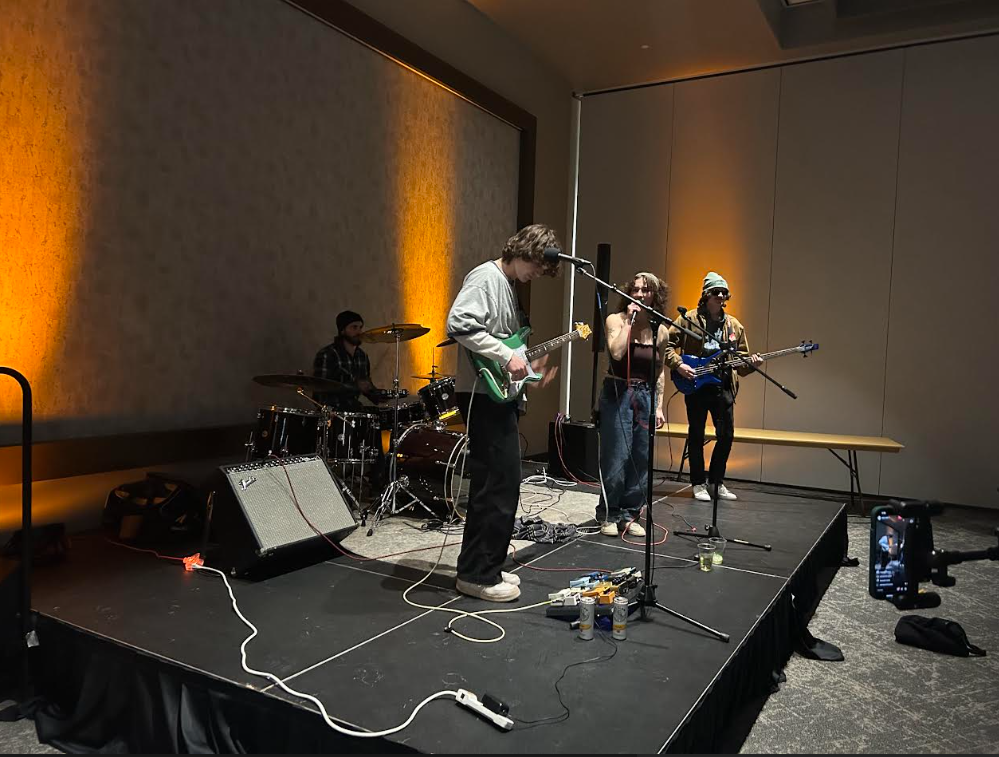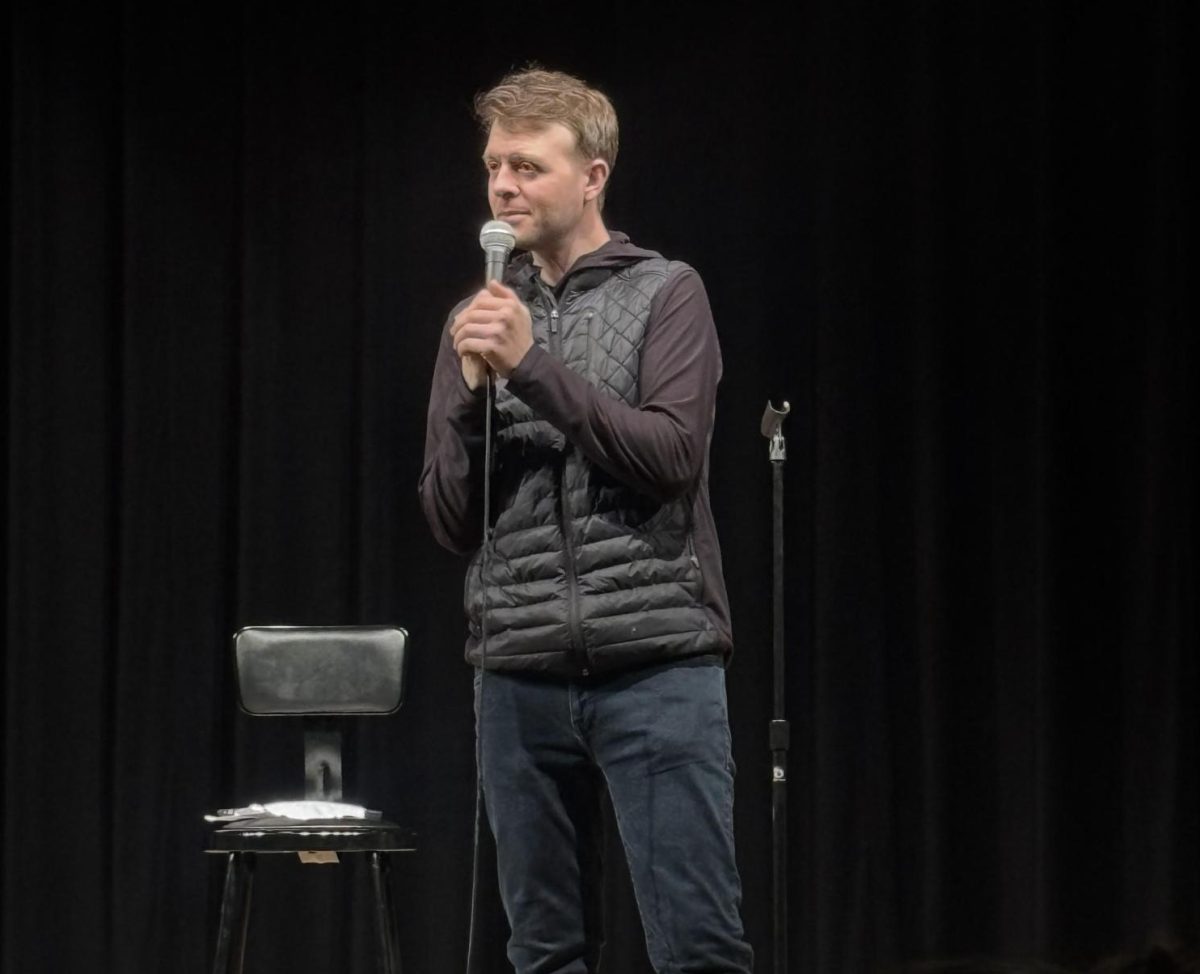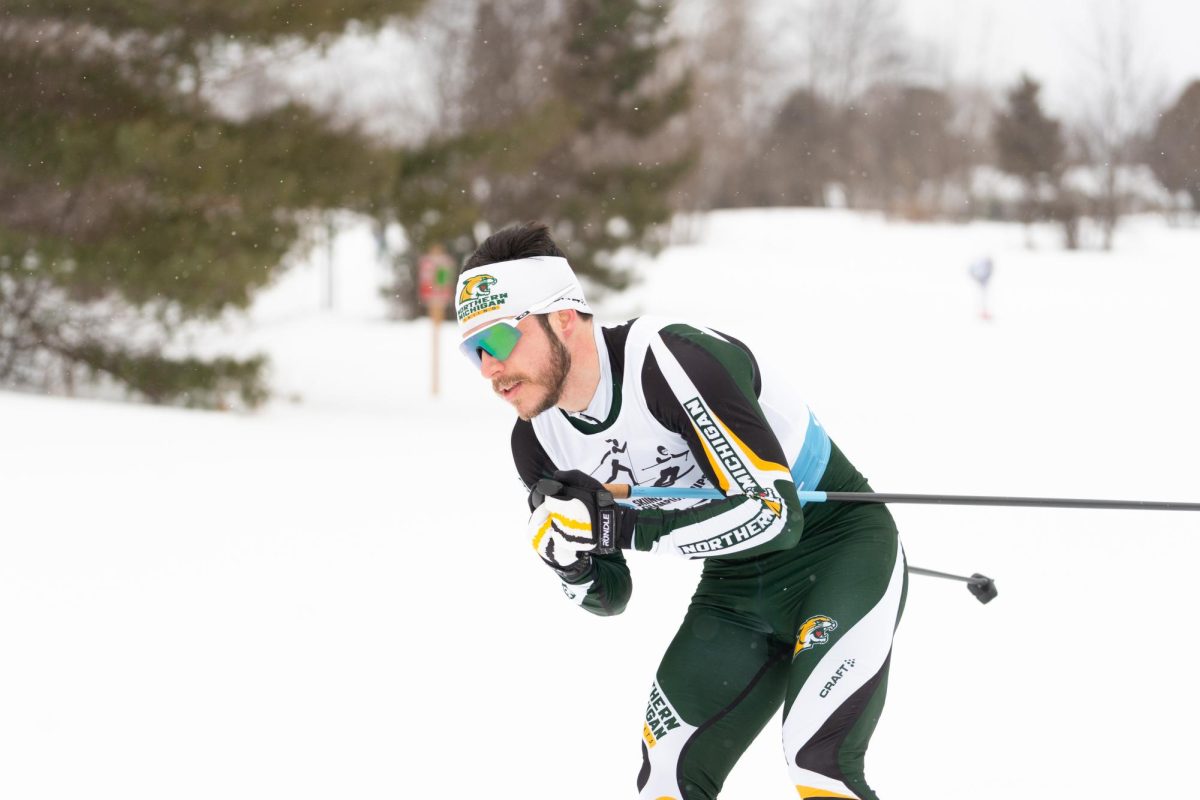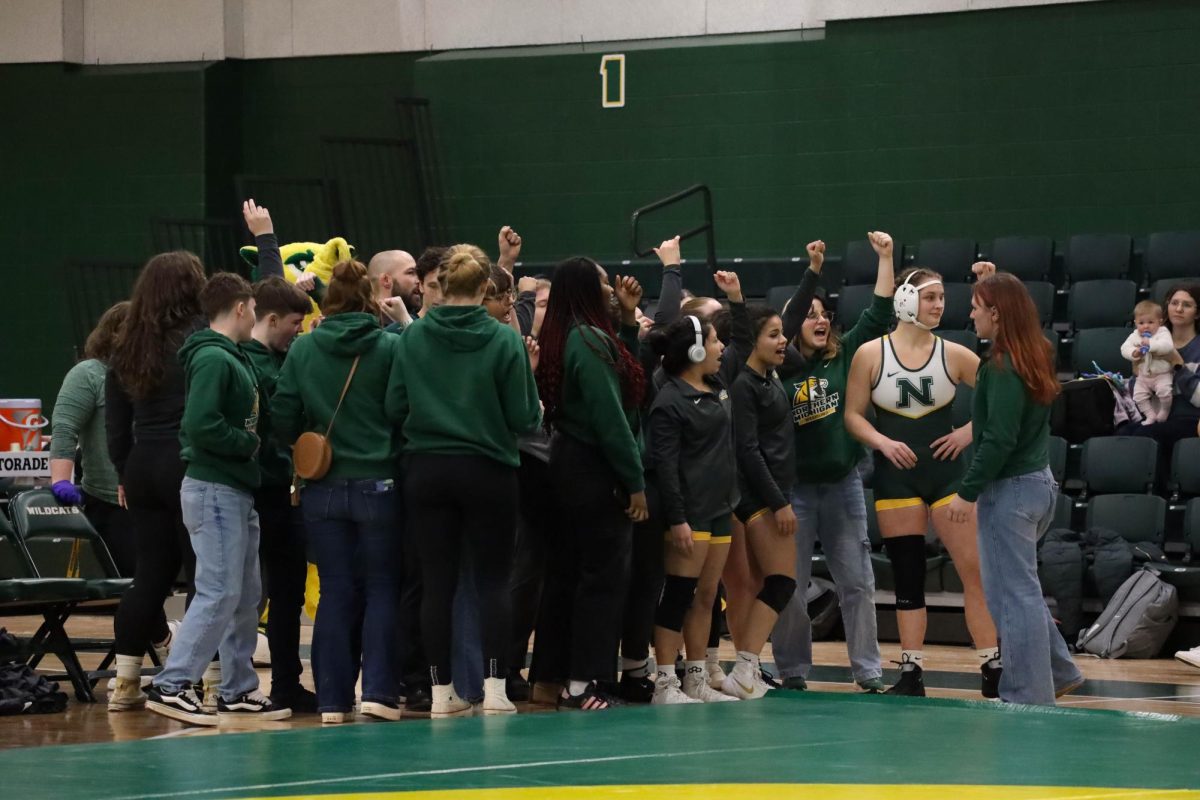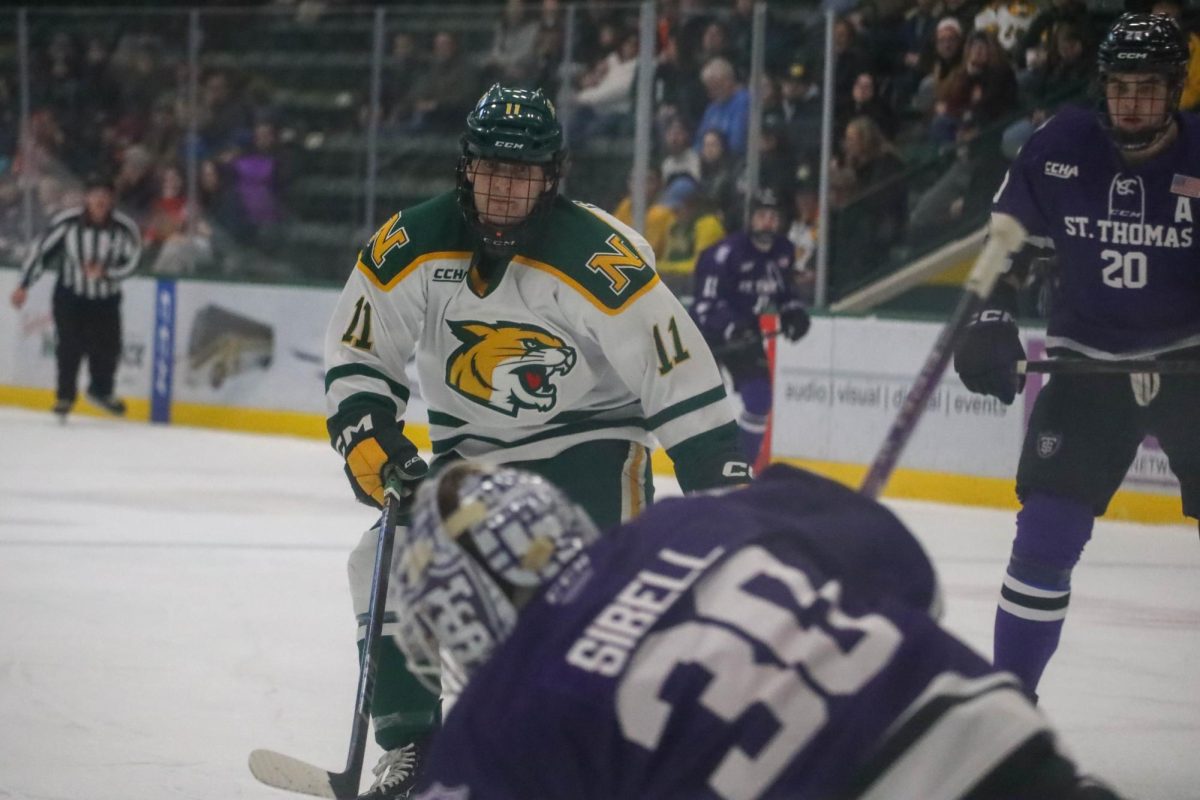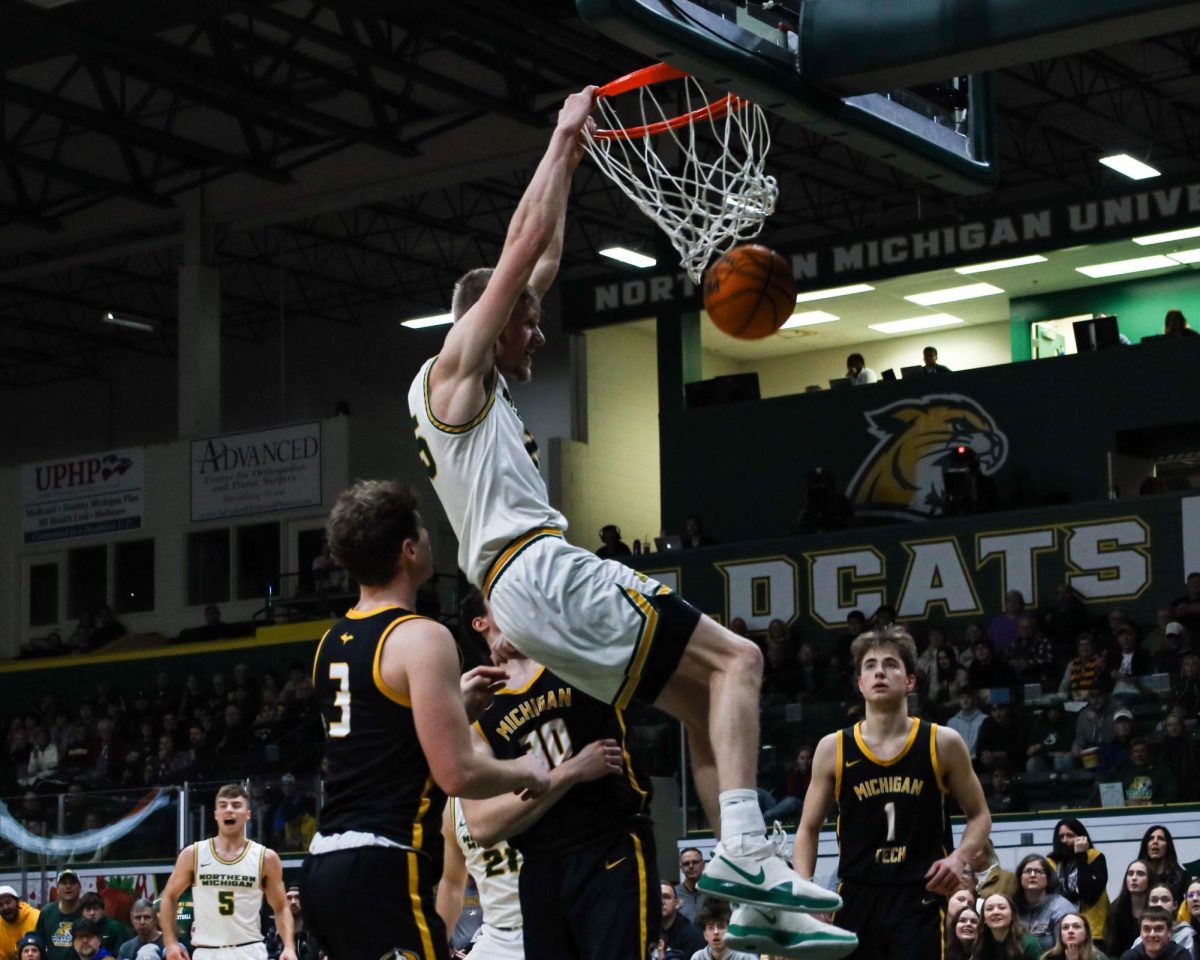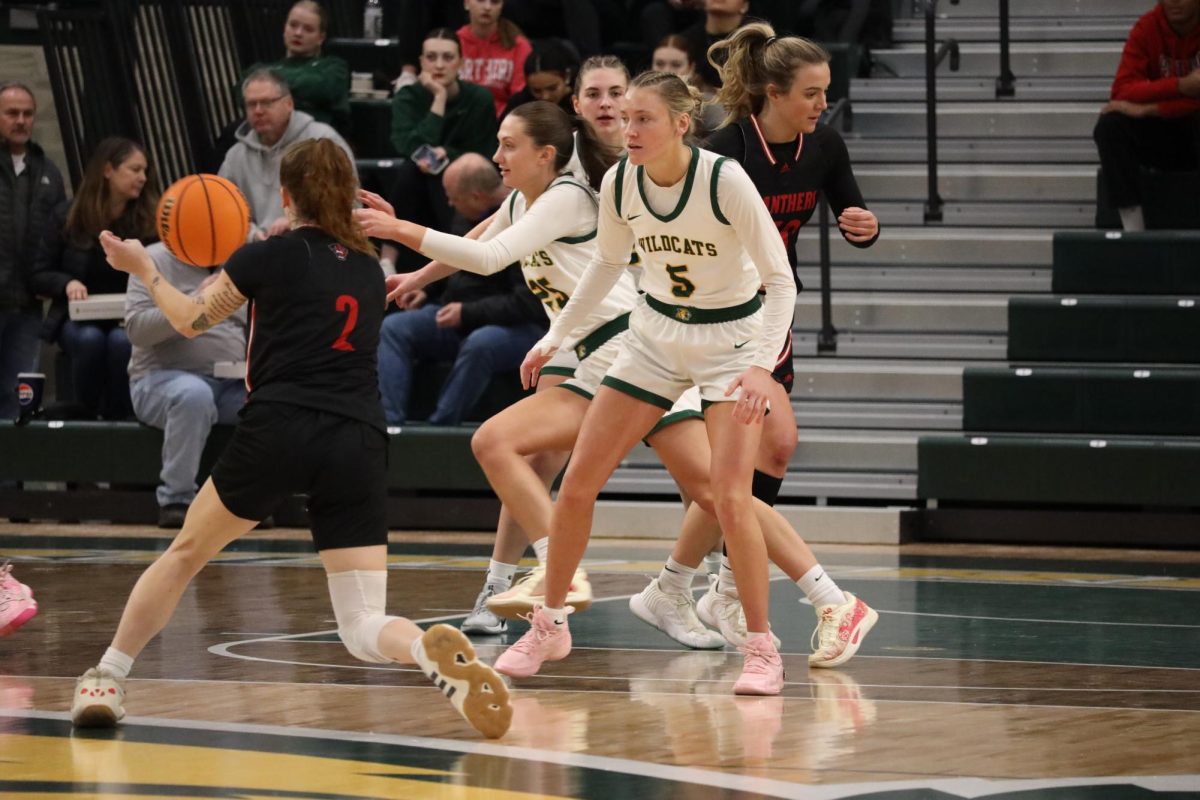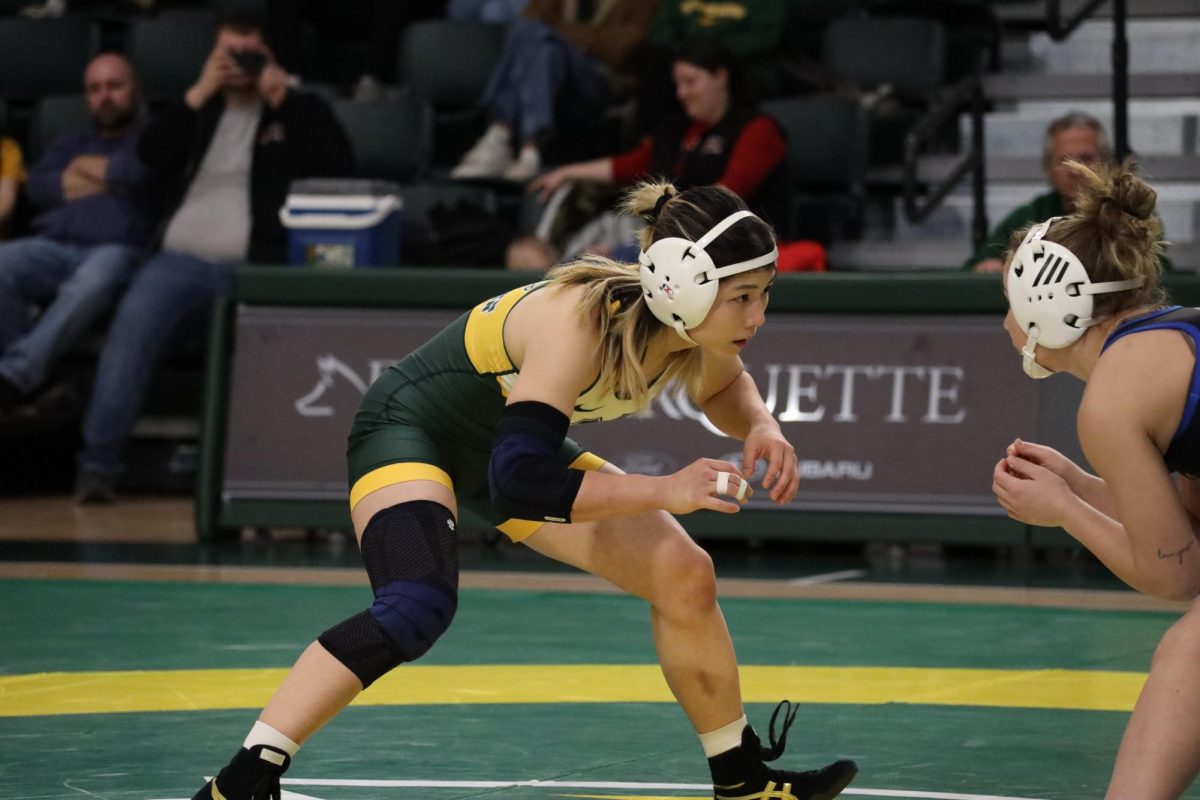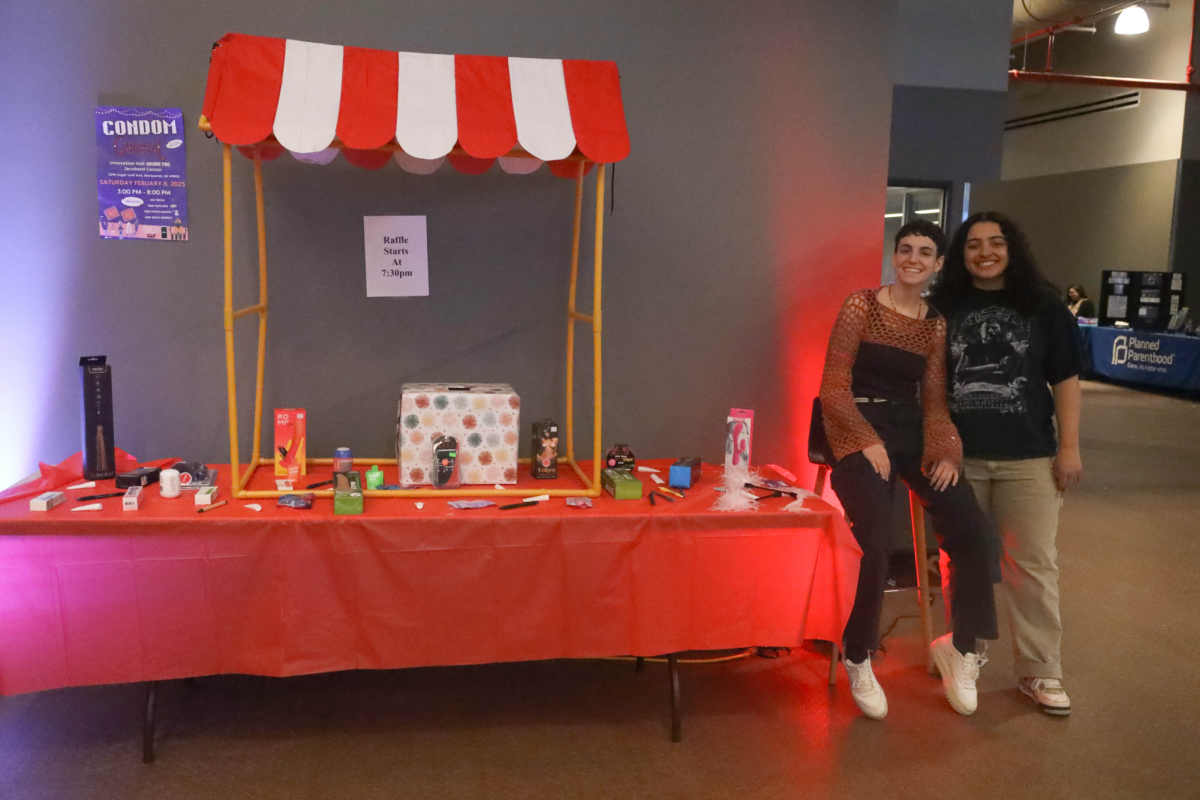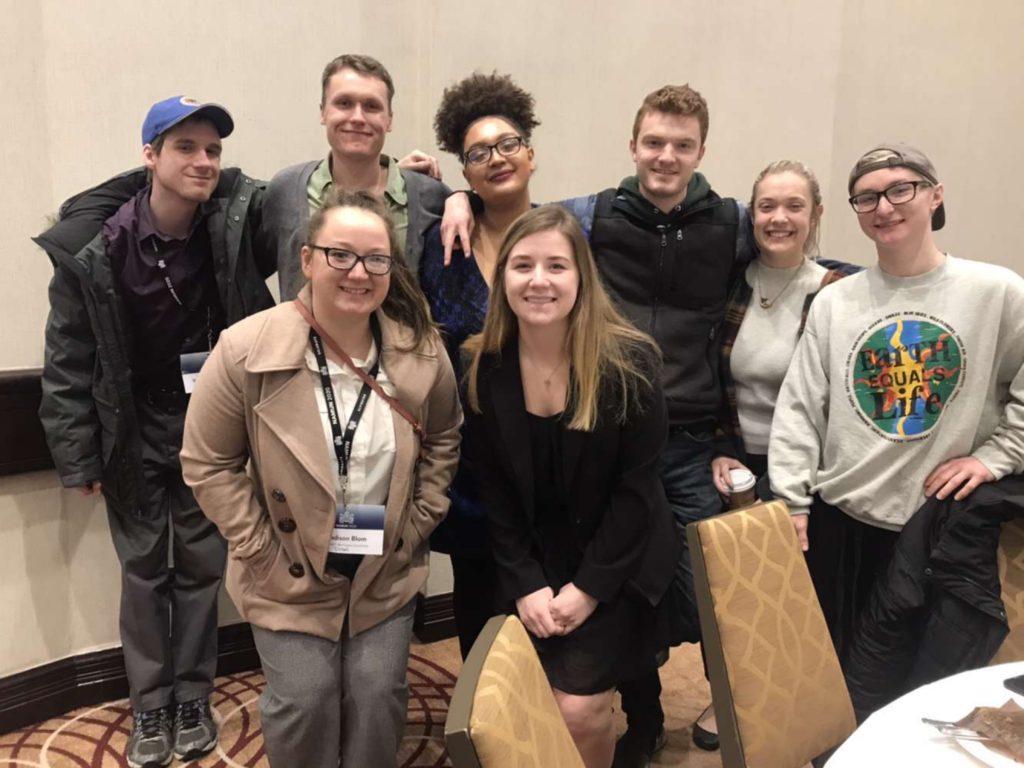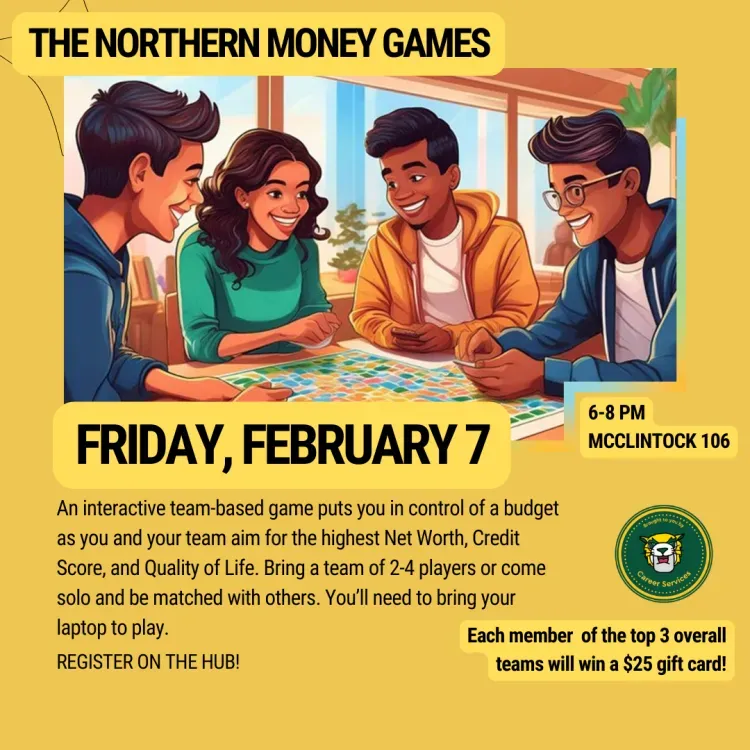This past week, a group of eight NMU students left the country and traveled to Toronto for the North American Model United Nations Conference. This was an exciting experience and, for many of us, this was our first time leaving the country.
If you don’t know how model United Nations works, it’s pretty much a big session of role-playing. There are multiple different areas at this conference such as general assemblies, crisis committees and specialized agencies such as the World Health Organization (WHO). In these different groups, there are people representing different countries or playing the roles of people from those organizations.
I was a delegate in the Fourth Committee, The Special Political and Decolonization Committee (SPECPOL), representing the United Kingdom. In this assembly, we had two topics we were going to try and find solutions for. When I walked into my first committee meeting I was a little nervous.
I looked around the room and found where the United Kingdom’s placard was. My seat was right next to the United States seat which came in handy, since we ended up working together on a lot of issues. We were also the only power five (The U.S., the U.K., China, Russia and France) members in our assembly.
“Decorum delegates,” the Dias said as our first session started. After everyone quieted down, the Chair took roll call and went through the list of countries. We could either respond with “present” or “present and voting,” which really made a difference later on in sessions we need to vote on resolutions. After roll call, the Dias asked if there were any motions on the floor. South Africa raised his placard, “The delegate of South Africa motions to open debate on topic one.” After three motions were made, a vote
was taken to see what we would be doing first. South Africa’s motion passed.
Over the three days, there were eight committee sessions where we debated with other countries, formed alliances and worked together to create resolutions for the two topics. For the first topic, (Protectionism and the Future of International Trade) I worked with the United States, Egypt, and Kenya to come up with a solution to help developing countries by giving them equipment to collect energy through solar, wind and hydropower. They would use the resource for trade and to help the infrastructure in their country. After one of our sessions was over, the delegate from Germany asked us if he could work on our resolution too. Little did we know, he was going to steal our resolution and use it with a different bloc or group.
I got lucky with topic two, Foreign Aid and Overseas Development. I formed a bloc with India, Malaysia, the Republic of Congo and Thailand. For our resolution, we created a new organization that gathered aid reports from developing countries. It was an unbiased group that collected aid from developed countries and distributed aid to developing countries based on their aid report.
After we presented our resolution in front of our entire assembly, the different countries tried to make amendments to our resolution. If we liked the amendments then we would change things, and if we didn’t like the suggested amendments, everyone got to vote on them. After our resolution changed with three different amendments, everyone got to vote on our resolution as a whole. It was so exciting when the resolution passed. Everyone gets so caught up in the role-playing that you feel like you actually just passed a resolution in the actual United Nations. However, it was not the same for every group.
One of my classmates was on the Crisis Committee, and he had to deal with issues that were happening in Russia in 1991. Ken Brunger said, “I really felt the pressure to solve the problems being thrown at me, the difficult choices that came along with having political power and the frustration when the decisions that my group ended up having unintended consequences or failed completely.” One of the things he had to do was create a new currency, in which he used rubber ducks and vodka.
For Madison, it was her first time going to this conference too. She said, “My favorite part of the trip was meeting new people and just being in a diverse environment in general. I wish I would’ve joined MUN when I was a freshman.” Gabe, another student on this trip, said, “I’d recommend this club, trip [or] course to anyone wanting a real approach to a form of student government, or anyone looking to sharpen their social skills at large.” Both Madison and Gabe were part of the third committee or SOCHUM.
Overall this trip was a great experience for everyone, not just me—a political science major. We got to meet people from all over the world and have the experience as if we were actual members of the United Nations. This trip not only helped me with my education but I was also able to use it for Superior Edge.

